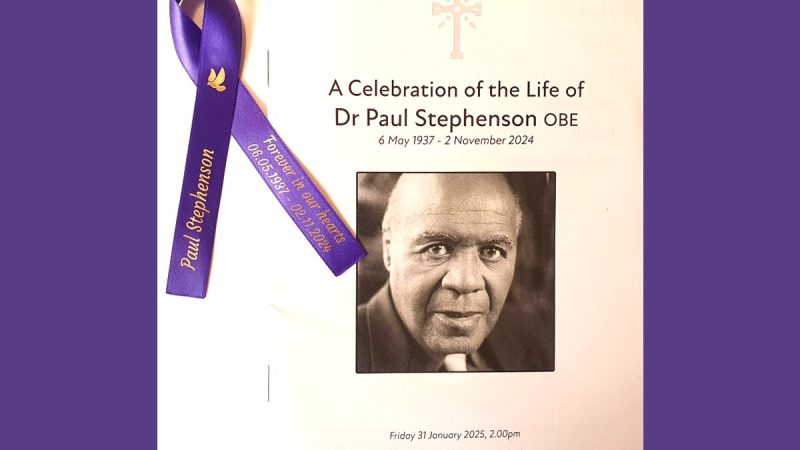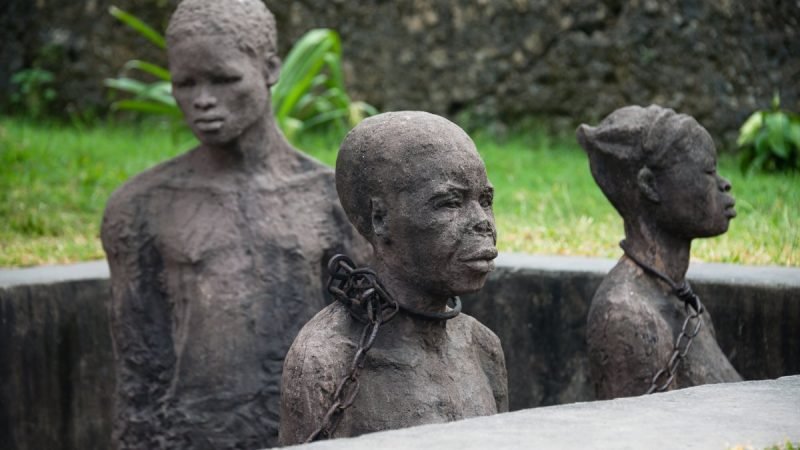Public Health England publishes its COVID-19 disparities review

Public Health England (PHE) have today released their report into disparities in risks and outcomes in COVID-19, confirming that the impact has replicated existing health inequalities and, in some cases, has increased them. Death rates from COVID-19 were highest among people of Black and Asian ethnic groups with people of Bangladeshi ethnicity having around twice the risk of death than people of White British ethnicity. The largest disparity found was by age. Among people already diagnosed with COVID-19, people who were 80 or older were seventy times more likely to die than those under 40.
Reactions to the review have been muted with many disappointed that it did not look closer at root causes.
Bangladeshis have the highest mortality rates
Prof Seif Shaheen, Professor of Respiratory Epidemiology, Queen Mary University of London, said:
“This latest report from PHE is welcome, but the analyses of ethnicity as a risk factor for COVID-19 are disappointing as they do little to clarify why, for example, people of Black ethnicity have the highest rates of diagnosis and why Bangladeshis have the highest mortality rates, compared to Whites. Whilst the mortality analyses adjusted for age and area-based deprivation, they did not adjust for other risk factors which are more prevalent in people from the BAME community, and which might explain their greater risk. These include patient- and public-facing occupations which increase exposure risk, comorbidities such as cardiovascular disease and diabetes, obesity, and smoking which is particularly prevalent in Bangladeshi men.
“Analyses which rely on routinely collected data will not be able to take account of other risk factors such as overcrowding in the home (which will increase the risk of infection in multi-generation households), and lifestyle factors; population-based studies currently underway may shed more light on risk factors for acquiring coronavirus infection in the first place.
“We urgently need to understand what underlies the greater risk of COVID-19 in ethnic minorities, so that we can focus on modifiable risk factors and devise suitable preventive strategies.”
We've known for years that BAME groups have worse health outcomes
Sally Warren, Director of Policy at The King’s Fund, said:
"The coronavirus pandemic has exposed the stark inequalities that exist throughout our society. People who have been worst affected by the virus are generally those who had worse health outcomes before the pandemic, including people working in lower-paid professions, those from ethnic minority backgrounds and people living in poorer areas. We’ve known for many years that these groups typically have worse health outcomes, but there has been disappointingly little effort over the past decade to address inequalities and improve people’s health. The scandal is not that the virus has disproportionately affected certain groups, but that it has taken a global pandemic to shine a light on deeply entrenched health inequalities.
Public health is about much more than infection control, and healthier populations will be more resilient to new threats. Preventable conditions including obesity and diabetes are major risk factors for COVID-19. This should be a wake-up call for the government to make population health an urgent priority. We need ambitious and binding national goals to drive progress, a cross-government strategy to reduce health inequalities and increased investment in prevention and public health."
Wake-up call for the government to make population health an urgent priority
The Mayor of London, Sadiq Khan, said: “The Government’s delayed review confirms that BAME people are disproportionately affected by COVID-19. The Government needs to wake up to the structural problems in our society that are being laid bare by this virus and take proper and decisive action to rectify them.
“The coronavirus crisis has created even further inequality in our city and across the country, impacting BAME people, those on the lowest incomes and Londoners living in the most deprived areas of the capital.
“This report alone is not nearly enough - we need to know now why the virus disproportionately impacts these communities and crucially what is being done to stop it. The Government needs to also review the impacts of their policies that have led to a hostile environment and measures like ‘No Recourse to Public Funds’. The Government needs to agree to a full independent inquiry into BAME COVID-19 deaths - with a commitment to implement the recommendations.
“At City Hall we will continue to tackle the inequalities that have been exacerbated by the impact of COVID-19 as we lead London’s social and economic recovery from this pandemic.
“It is also time for the Government to finally agree to ethnicity being recorded at death registration. A continued failure to do means there is no accurate way to measure inequalities in our society.”
About the ‘Disparities in the risk and outcomes of COVID-19' review
The review of surveillance data on disparities in the risk and outcomes from COVID-19 looked at different factors including:
- age and sex
- where people live
- deprivation
- ethnicity
- people’s occupation
- care home residence
The review’s findings are based on the latest surveillance data available to PHE and from links to wider health data sets and it hopes that they will improve understanding of the COVID-19 pandemic and will help guide the future public health response to it.
Click here to download a copy of the PHE Disparities in the risk and outcomes of COVID-19 review.




